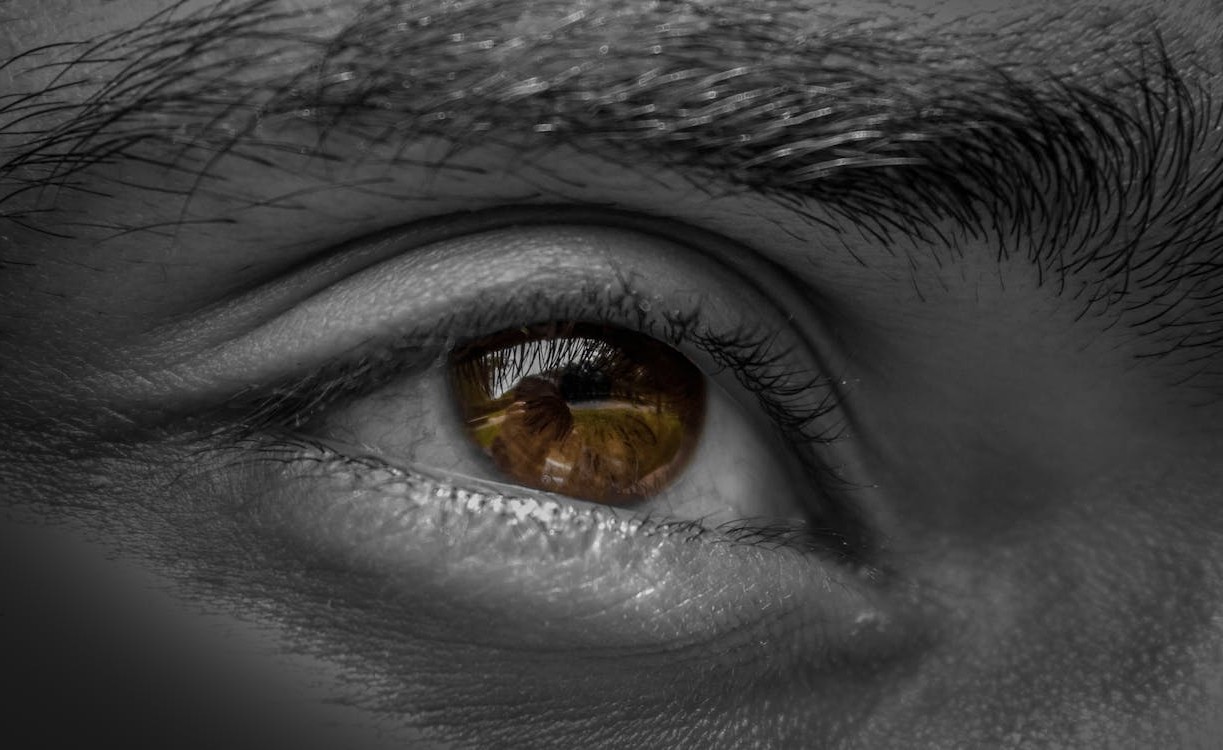The Role Of Community-based Programs In Addressing Cocaine Addiction
If you’re also fighting cocaine addiction, you know how difficult it is. Nights spent awake, cravings that never end, feelings of isolation, and a life that seems to be spinning out of control are all things you have to deal with on a regular basis. It’s not just the drug that matters; so do the events leading up to your addiction, the surroundings and triggers that keep you using, and the effects on your personal and professional life.
But know that you are not fighting this war alone. Hope can be found in community-based organizations that take a multifaceted approach to treating cocaine addiction. Programs like this are effective because they equip you with the knowledge and resources to conquer your addiction, while also taking into account the specifics of your own country of South Africa.
Building an atmosphere of mutual respect and compassion is a key objective of many community-based initiatives. This familiarity, based on commonalities of background and experience, can be quite effective in counteracting the feelings of alienation that frequently accompany addiction. While using cocaine may make you feel alone and isolated, being in a community-based treatment program can help you connect with others who understand. They have been where you are, and they have faith in your ability to make it through.
Education is another crucial function of these programs. The psychological and emotional aspects of cocaine addiction should be considered alongside the drug’s more obvious physiological effects. They offer helpful guidance on how to cope with cravings, avoid relapse, and repair broken relationships. This knowledge will help you de-mystify your addiction and face it head-on.
In addition, community-based programs provide tools for addressing the personal issues that may be contributing to your addiction. This may take the form of counseling for conditions like anxiety and depression, preparation for the job market, or even help finding a place to live. The ‘full picture’ of what may be contributing to your addiction is taken into account, making for a more stable recovery with the help of these programs.
The community-based method of treating cocaine addiction goes beyond individual therapy by establishing a system of mutual aid for people at all points in their rehabilitation. The inclusion of peer assistance as a central tenet of these programs is crucial. If you’re going through a tough time, talking to those who have been there before might provide you the support and understanding you need. In times of extreme hunger and despair, this social support can be a lifeline.
Moreover, the community-based approach offers a range of services to aid in recovery:
• Counselling and therapy: Both group and individual therapy sessions play a significant role in the recovery process. They provide a platform to explore and address the psychological and emotional aspects of addiction.
• Skills development and job placement: These programs often provide vocational training and help with job placement, tackling unemployment which can be a significant contributing factor to addiction.
• Mental health services: Many community programs provide access to mental health professionals who can address any co-occurring disorders such as depressio

n or anxiety.
• Support groups: These groups offer a space to share experiences and learn from others on similar journeys. Support groups can range from formal 12-step meetings to more informal social gatherings.
• Aftercare and follow-up services: This ensures sustained support even after the initial recovery period, a crucial aspect in preventing relapse.
Frequently Asked Questions
How can I tell if a local program will suit my needs?
What helps one person through their addiction struggle may not help another. When making a decision, it’s important to think about your specific situation, the people around you, and your motivation for becoming better.
Is it possible to continue working while participating in a community-based program?
There are a variety of programs available that offer adaptable schedules in recognition of the competing demands of job, family, and recovery.
What if I have trouble interacting with others?
While the bulk of these programs takes place in group settings, participants also have access to one-on-one counseling and guidance. The key to a successful recovery is figuring out what works for you.
Where do I look for local community programs?
You can find local support and assistance through services like We Do Recover. You may rely on their knowledge to aid you in your recuperation.
What should I do if I have a relapse?
A relapse is not a sign of futility. Get in touch with your loved ones, consult your therapist, and evaluate whether or not your rehabilitation strategy has to be modified.
Remember that there is no one-size-fits-all solution to cocaine addiction, and that everyone has their own tale to tell. Accept your current situation and don’t be too hard on yourself if you have minor setbacks. The road to rehabilitation may appear lengthy and difficult, but support groups and community-based resources are available to assist. We Do Recover and other programs are available to assist you in recovering from your difficulties so that you do not have to confront them alone.
Sobriety is like reclaiming your life from the cocaine addict who stole it. Although you have the ability to overcome addiction, it is not a show of weakness to seek help from loved ones, professionals, or support groups. Take action by contacting We Do Recover to learn more about local recovery resources.
A clean life is within grasp with the right resources and guidance, and each step you take brings you closer to that reality. Community-based programs provide an important safety net, allowing access to useful resources that can make a significant difference. Because of the growth of organizations like We Do Recover, an increasing number of people in South Africa are able to receive the assistance they require.
Relapses are not failures, but rather crucial steps on the path to recovery. They expose your flaws and direct your focus to where it is most required. The road to rehabilitation is a journey, not a destination. It encourages perseverance and self-forgiveness in the face of adversity. Remember, you are never alone, and asking for help is a sign of strength, not weakness.
Individual needs can be met through a variety of community-based initiatives. The road ahead will be difficult, but your perseverance and strength will shine through at every turn.
“You don’t have to be great to get started,” said famed motivational speaker Les Brown, “but you have to get started to be great.” This phrase exactly describes your journey. Although it may be difficult, taking the initial step is critical. You may convert your experience with addiction into one of triumph by taking action and seeking assistance.

